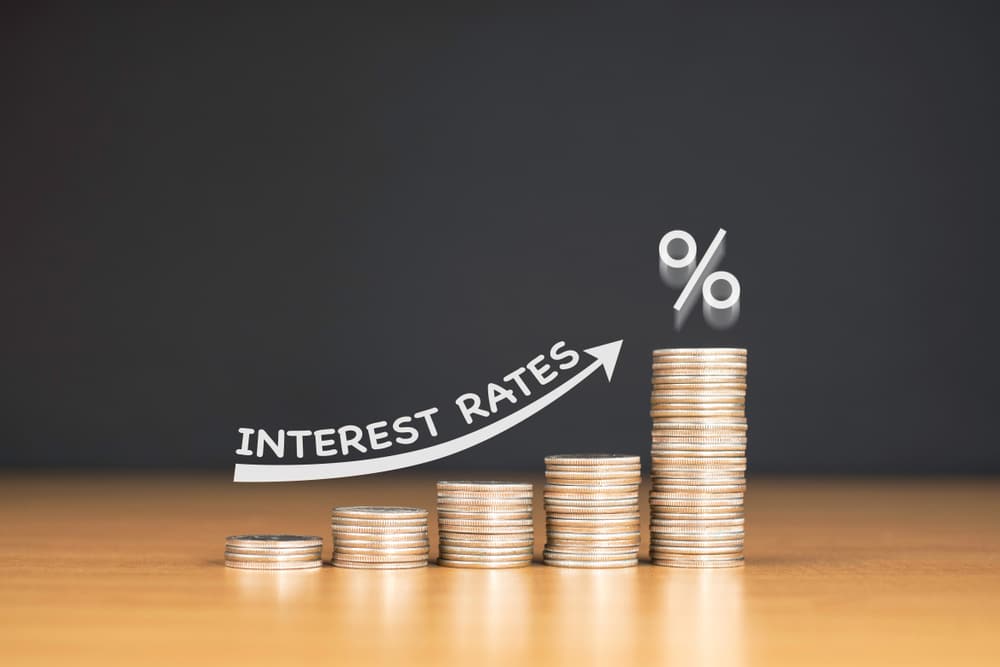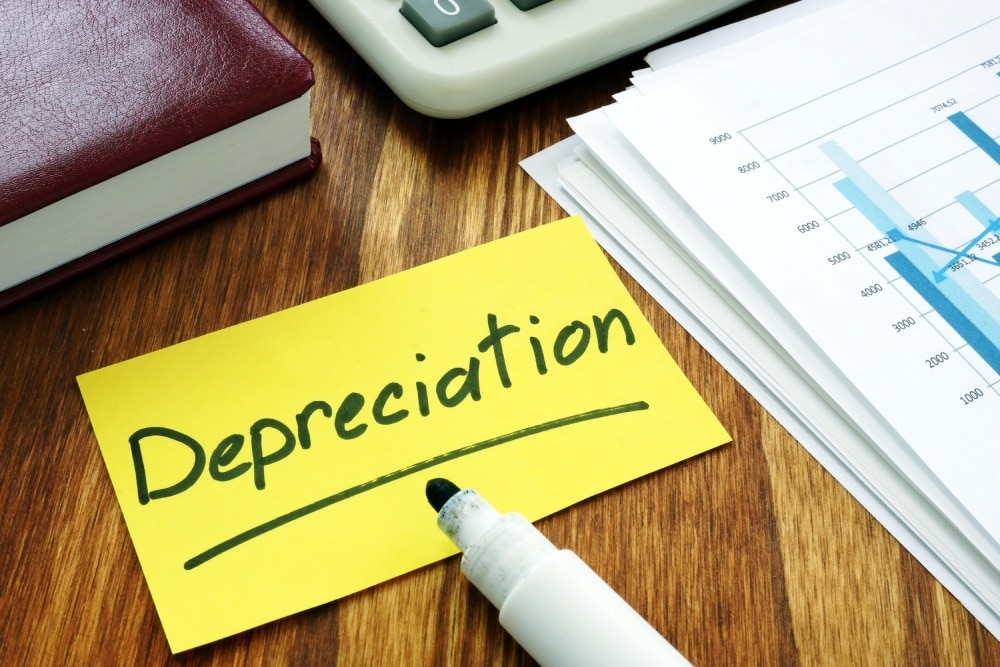
Is Buying Off The Plan Right For You?
Buying off the plan can be a great purchasing strategy for property investors because it allows us to create equity for a small amount of money upfront.
In this article we explore what buying off the plan is, and what factors you need to consider in order to go through the process smoothly.
WHAT IS BUYING OFF THE PLAN?
Essentially, you’re entering into a contract to buy a property that is not yet built. It exists because of a need to eliminate the debt risk to those involved. In this scenario, developers and builders are required to provide the bank with sales for their development prior to being given construction money.
These off-the-plan purchases guarantee the bank that the market will buy out their risk, so they are not gambling on the back of the developer’s project. Developers always have a certain pre-sale requirement prior to the banks offering money to develop the property.
Generally, a builder or developer will need a deposit of 10 per cent.
WHAT IS THE BENEFIT TO BUYING OFF THE PLAN?
Let’s say you are buying a property off-the-plan for $350,000 (of course, it’s got to be in a good location and in an upward market cycle). In a typical scenario, you’d need to put down $35,000 as a deposit to hold the property. The benefit is that it can take years to construct and during that time, increase in value.
In theory, buying off the plan means that you could pay a lot less for a property now than it’s worth at the time of completion.
YOUR BUYING OFF THE PLAN CHECKLIST
While there are incredible gains to be made by using this type of purchasing strategy, like anything there are also risks to consider. Make sure you have a water-tight contract in place that you’ve had your solicitor look over to remove any room for error.
On top of that, ensure you factor in the following criteria and always do your due-diligence and market research.
Checklist:
- Understand the market cycle for future growth
- Always buy in stage one of a development, as this is always the best price. Don’t consider any other stages because you will have already missed the boat.
- An 18-month minimum time frame allows a property to grow well for profits and with just a deposit down you should secure 100 per cent cash on cash return.
- Always have the plan valued at the commencement, so you know you are paying the plan’s value in the beginning and not the value at the end.
- Don’t get in above your head and only choose great floor plans.
- Always plan to settle and confirm borrowing capacity first, before entering into an off-the-plan contract. Never buy to sell midway through the project’s construction.
IS BUYING OFF THE PLAN RIGHT FOR YOU?
Your property goals and overall risk profile will help to determine your investment strategy, so ensuring you get professional advice is paramount to your success as an investor.
Our coaches often work with clients to assess the different market options available based on your personal circumstances which include factors such as your income and other assets, your financial objectives and your relationship with money.
If you are just starting out on your real estate investment journey, get across all basics by joining us at one of our free property investing seminars.
You’ll hear from real estate experts who will be able to explain which property investing strategy is right for you.
Recent Articles
How To Prepare for a Rise in Interest Rates
Smart property investors know that it’s dangerous to get too comfortable. Real estate is an ever-changing thing. Markets go up, down and plateau – and so do interest rates. The question is, how prepared are you for a Rise in Interest Rates? The key is being ready to use these strategies.
3 Ways a Property Investor Will LOSE Money!
There are many ways you can win big by investing in real estate. Equally, if you lose sight of the basics, you’ll end up losing something much worse – money! No one sets out on their property journey to go backwards financially, so take note of these three common mistakes that investors often make, because if you don’t, it may cost you in the long run. Here are 3 ways an investor can lose money…
An Investor’s Guide to Multi-Income Properties
When it comes to building a booming property portfolio, diversity is key! There are four primary multi-income types that Australian investors can buy at the moment.
Property Cash Flow Basics For Creating Passive Income
Buying real estate is similar to running a business – good performance is derived from your ability to generate cash flow. For a property investor, this means eventually living off the passive income that your real estate generates. Therefore, it is especially important that you map out your ability to build a portfolio that will deliberately achieve this level of success from the get-go.
How Property Investors Can Reduce Tax Down To Zero!
Those who own real estate are subject to many, different kinds of tax. Some tax is unavoidable. Other kinds of tax are legally, 100% avoidable – or at least able to be reduced substantially. With the Victorian government recently announcing a rise in the land tax threshold it’s even more important that property investors know where they can and should minimise the tax they pay.
A Property Investor’s Guide To Depreciation
Every smart property investor knows that to create and maintain a portfolio, we need to have good cash flow. One of the ways we can support this is by using depreciation and tax. But, just like equity, depreciation only works for us if we know how to access and then leverage it.
A Property Investors Guide To Guaranteed Rental Increases
Rent is your weekly or monthly incomes from your property. And it’s an income you don’t work for. It’s the absolute key to good cash flow and passive income, so it’s essential you are able to keep raising your rents at regular intervals. But, what makes it possible for property investors to do this?
The Only Time You Should Sell An Investment Property
The golden rule of property investing is to buy well and NEVER SELL. However, there are always exceptions to the rule… Firstly, let’s look at why you would keep an investment property? If you buy a great piece of real estate, in the right location, it will always create a passive income for you, so there will be no reason to sell it.
House vs Apartment – Which Is Better for Capital Growth?
Many property investors favour one type of property – either apartments or houses. While there are pros and cons to both, which we will discuss here, one of the often forgotten advantages of houses is the investment you’re making not only in the bricks, but also in the land. Land value in itself increases over time, and investment in a piece of land also provides opportunity to renovate, subdivide and develop, all of which lead to greater capital growth.












